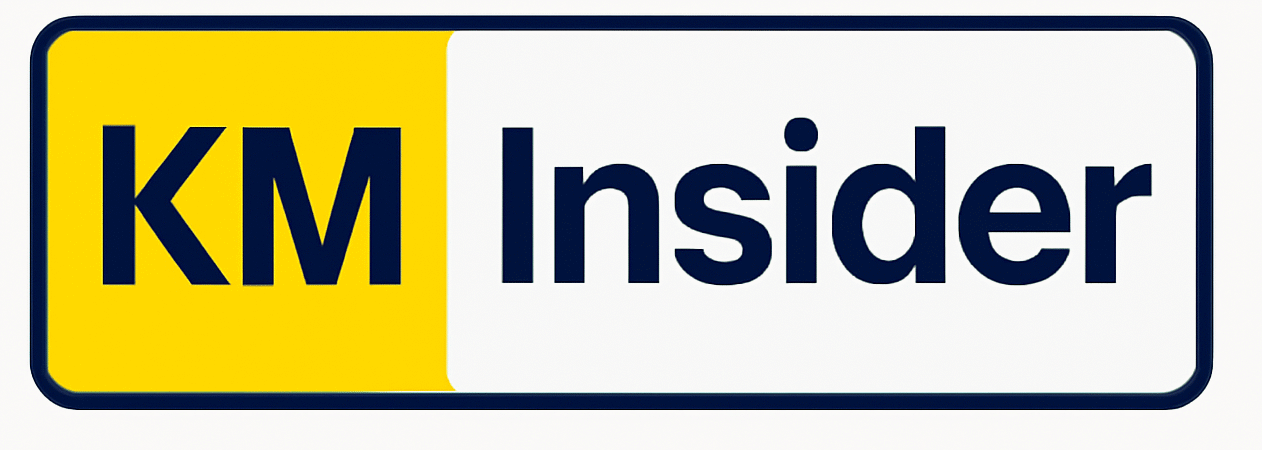Artificial Intelligence in Knowledge Management: Artificial Intelligence (AI) is not just a future idea in business systems. It is now central to how organizations gather, process, and access knowledge. In knowledge management (KM), AI has become a powerful catalyst for accuracy, speed, collaboration, and personalization. From improving search capabilities to automating content classification, AI-driven knowledge management tools are redefining how companies leverage institutional knowledge.
This article looks at the top 10 benefits of using artificial intelligence in knowledge management. It includes real-world examples and practical uses.
Table of Contents

1. Smarter Search and Retrieval
AI enables semantic search capabilities that understand user intent, not just keywords. AI-powered knowledge management systems are different from traditional search engines. They use natural language processing (NLP) and machine learning. These tools help find connections between terms and provide relevant results.
Example: Microsoft Viva and Sinequa offer intelligent enterprise search that understands queries like “project summary from last quarter” and returns precise, relevant documents—even without exact keyword matches.
2. Automated Content Tagging and Classification
Manual categorization is time-consuming and inconsistent. AI models can scan documents and find key themes. They can also add metadata tags automatically. This makes it easier to organize and find content.
Example: Lucidworks and Coveo use machine learning models to automate tagging for unstructured documents, reducing dependency on human input and enhancing content discoverability.
3. Real-Time Knowledge Recommendations
AI can surface relevant content to users based on what they’re currently working on. These contextual suggestions reduce time spent searching and improve productivity.
Example: Google Workspace’s Smart Compose suggests relevant files or prior email threads, while IBM Watson recommends internal documents based on current tasks.
4. Improved Knowledge Retention
AI helps stop knowledge loss by capturing, analyzing, and storing important information. It does this even when employees leave or change jobs.
Example: AI chatbots and transcription tools log conversations, create summaries, and store them in centralized KM systems, preserving insights that would otherwise be lost.
5. Personalized Knowledge Delivery
AI systems can customize content based on users’ roles, preferences, and behavior. This ensures that employees see the most relevant knowledge at the right time.
Example: Salesforce Einstein delivers role-based insights to sales reps by pulling CRM data, training material, and case studies tailored to the opportunity stage.
6. Continuous Learning and Feedback Loops
AI-driven KM platforms learn from user behavior and feedback to refine their responses. The more employees engage, the smarter the system becomes.
Example: Chatbots in KM systems can track user queries, learn from failed responses, and improve their answers over time based on team inputs.
7. Content Gap Detection
AI analytics can identify missing knowledge assets by analyzing search patterns and queries that return poor or no results. This allows KM teams to proactively fill knowledge gaps.
Example: Tools like Starmind use cognitive computing to identify frequently asked but poorly answered questions, helping organizations create new documentation where it’s most needed.
8. Faster Onboarding and Training
AI-powered KM systems accelerate new hire onboarding by delivering the right content on demand. Virtual assistants and adaptive learning paths personalize the learning experience.
Example: Platforms like Workday Learning use AI to recommend job-specific knowledge paths to employees based on their role, past behavior, and learning goals.
9. Scalable Knowledge Sharing Across Teams
AI enables decentralized knowledge capture and distribution across global teams, eliminating information silos and enhancing knowledge flow across departments.
Example: KM platforms with AI-driven knowledge hubs make it easier for remote and hybrid teams to access consistent, shared knowledge from any location or language.
10. Enhanced Decision-Making with Predictive Insights
AI transforms raw data into actionable insights, enabling data-driven decision-making. It recognizes patterns and can forecast outcomes based on historical knowledge.
Example: AI engines in knowledge management tools can alert customer success teams to potential churn risks based on knowledge access trends and customer engagement data.
Final Thoughts
Artificial intelligence in knowledge management is not just a technology upgrade—it’s a transformation. It enhances how knowledge is discovered, shared, and applied across the organization. By embedding AI into KM processes, companies can dramatically boost productivity, improve collaboration, and future-proof their organizational intelligence.
As we enter a more knowledge-based economy in 2025 and beyond, AI will remain the core of smart KM systems.
Disclaimer: This article is for educational purposes only. The capabilities of AI tools mentioned may vary depending on implementation, updates, or platform versions.
Subscribe to receive notifications for free webinars on Knowledge Management.
